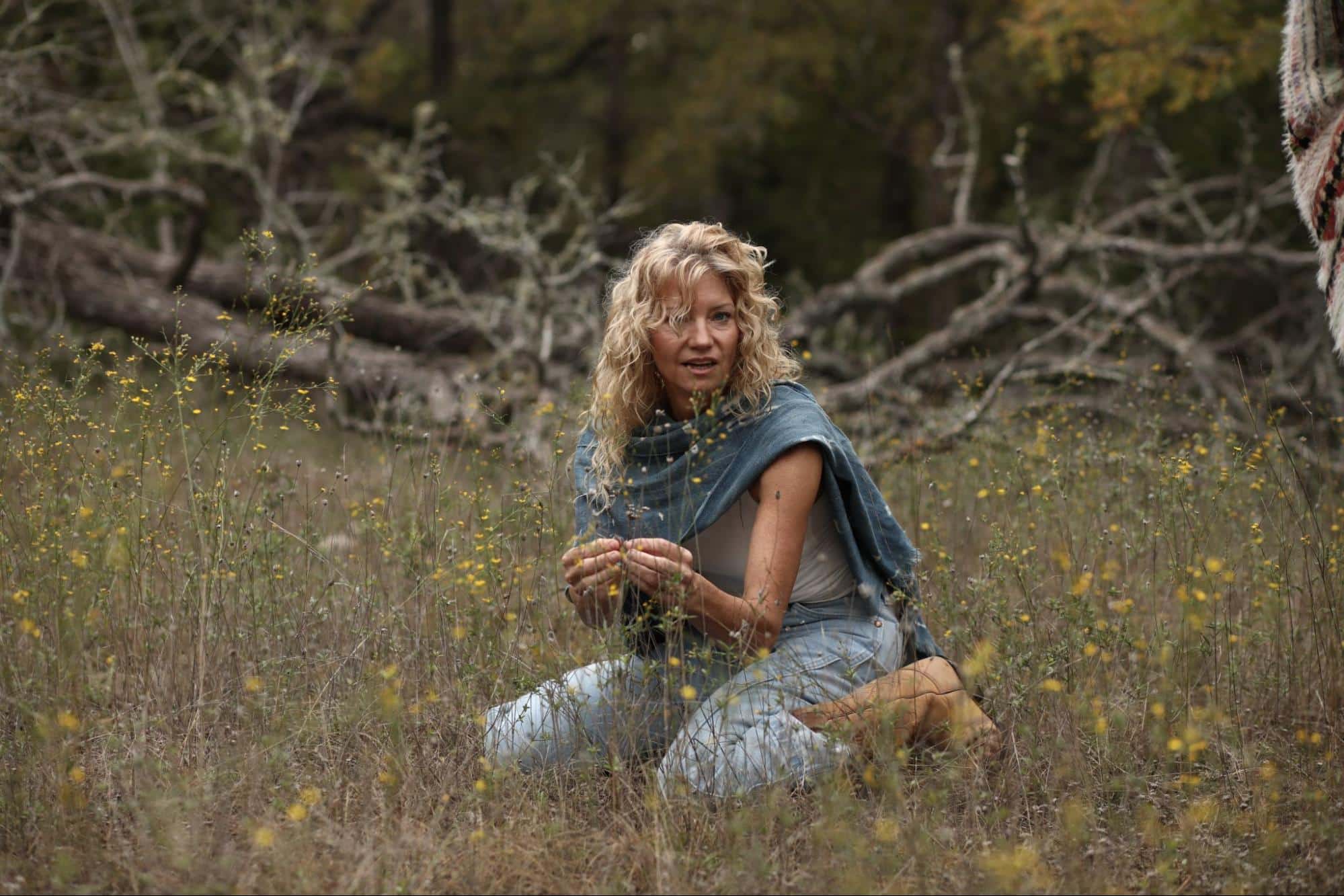With most Americans spending up to 90% of their time indoors, it’s now more important than ever to fully grasp how the indoor built environment affects people’s well-being, which encompasses not just their physical health but also their mental health.
This idea of “healthy” architecture—wellness as it relates to the indoor environment, including how indoor spaces affect the sensory well-being of everyone who enters—is growing in prominence through the efforts of several organizations, including the International WELL Building Institute (IWBI). IWBI focuses on creating people-first places and advancing a global culture of health.
During IWBI’s WELL Conference on May 7-9, 2024, in Long Beach, California, the organization will recognize Susie Frazier, along with a cohort of other winners from around the world, as a recipient of the 2023 Next Frontier of Design Award. Frazier is an artist who specializes in biophilic design, which harnesses humans’ affinity for nature, creating a sense of relaxation and security. She uses natural patterns as tools intended to reduce physiological stress. For many of her designs, the artist arranges preserved organic matter into repetitive, undulating patterns that draw attention to the imperfections and ever-changing nuances of life. Frazier also integrates meaningful artifacts and cultural histories into her projects, seeking to capture a place’s unique soul and convey that feeling to its occupants and observers.
Frazier, who is also a WELL accredited professional and faculty member, is being awarded for her positive impact in helping IWBI, as well as the industry in general, make extraordinary strides in health, well-being and equity in 2023. The artist feels incredibly honored to be recognized as a Next Frontier of Design Award recipient.
“When you’re busy being a creator, at the end of a project, you don’t always have a seat at the planning table, which starts much sooner,” Frazier says. “For decades, I have been working to integrate neuro-inclusive and bio-inclusive design innovations into more public places. This award is proof that the industry, and society in general, is gradually becoming more open to these concepts and heeding the advice of experts.”
According to Frazier, her input during the organization’s neurodiversity and design charette, which was based on her experience as a neurodivergent, multisensory individual, has led to significant changes, such as guidelines for design features that help people regulate their sensory health and avoid issues with overstimulation or too much isolation.
In addition to Frazier’s work with IWBI, the artist published a book in 2018—Designing for Wellness—that introduces the concepts of mindful design to executives, architects, designers and anyone in charge of the built environment. It contains 15 principles that illustrate how design can contribute to both mental and physical health. The book has won several awards, including a 2020 International Book Award in the home and garden category.
When it comes to the future, Frazier aims to continue contributing to the growth of the wellness movement, especially among other intersecting businesses nationally. “I’m looking forward to working with leaders inside the WELL ecosystem in the coming years to create people-first solutions that meet the rising demand for health inside our buildings,” she says.
Photo by Patrick Fraser.






